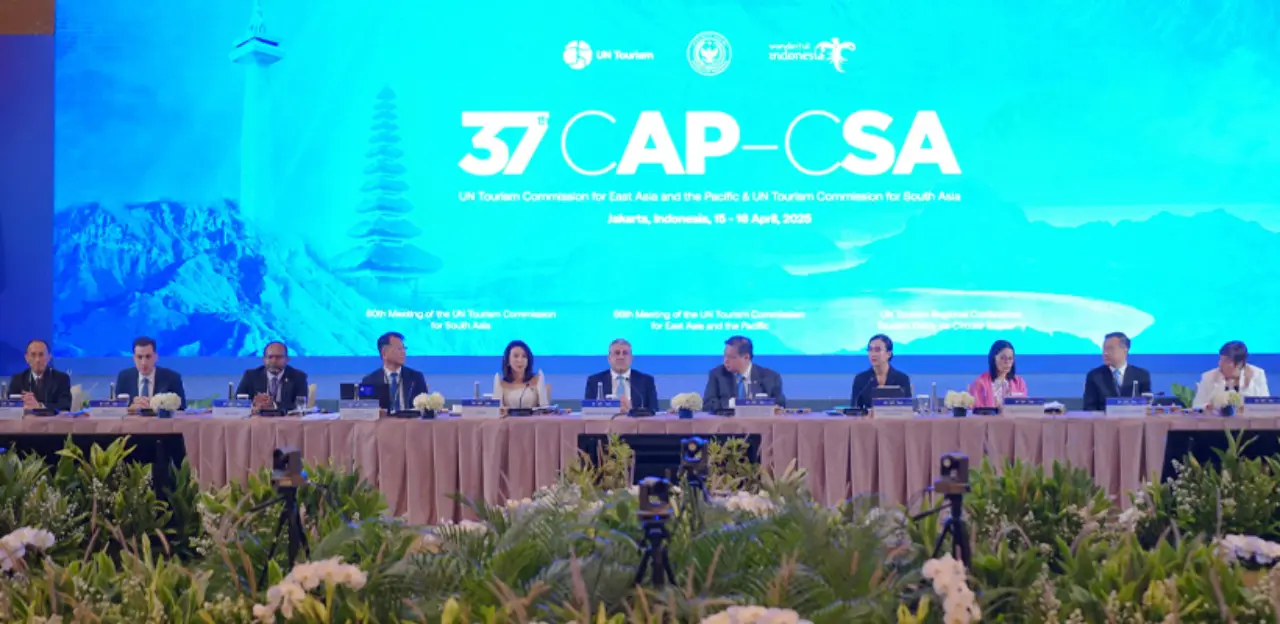US President Biden will announce the release of a new proposed rule that would significantly strengthen protections for consumers by ensuring that they have access to certain fee information before they purchase their airline tickets.
Under the proposed rule, airlines and travel search websites would have to disclose upfront—the first time an airfare is displayed—any fees charged to sit with your child, for changing or cancelling your flight, and for checked or carry-on baggage. The proposal seeks to provide customers the information they need to choose the best deal. Otherwise, surprise fees can add up quickly and overcome what may look at first to be a cheap fare.
This rulemaking is in response to President Biden’s historic Executive Order on Promoting Competition in the American Economy, which established a whole-of-government effort to help lower prices for consumers, raise wages for workers and promote innovation throughout the economy by promoting competition.
At today’s White House Competition Council meeting, President Biden will applaud the Department of Transportation’s action and call on all federal agencies to use their powers to expose and limit fees to help save American families money. The President will discuss how similar unfair, hidden fee practices plague customers in other industries as well—such as internet provider fees and bank and credit overdraft and late fees.
“Airline passengers deserve to know the full, true cost of their flights before they buy a ticket,” said U.S. Transportation Secretary Pete Buttigieg.
“This new proposed rule would require airlines to be transparent with customers about the fees they charge, which will help travelers make informed decisions and save money.”
Under the Department’s proposal, U.S. air carriers, foreign air carriers, and ticket agents (third party sellers of air transportation and online “metasearch” sites that display air travel options) would be required to clearly disclose passenger-specific or itinerary-specific baggage fees, change fees, cancellation fees, and family seating fees to consumers whenever fare and schedule information is provided to consumers for flights to, within, and from the United States. These fees would be required to be displayed as passenger-specific or itinerary-specific based on the consumer’s choice. Because seat availability and fees can fluctuate frequently, the Department is also proposing to require carriers and ticket agents to enable consumers traveling with a young child to purchase the seats with the fare at all points of sale.
The Department further proposes to require that carriers provide useable, current, and accurate information regarding baggage fees, change fees, cancellation fees, and adjacent seating fees for families traveling with young children, if any, to ticket agents that sell or display the carrier’s fare and schedule information.
The President’s Competition EO includes 72 initiatives by more than a dozen federal agencies to promptly tackle some of the most pressing competition problems across our economy. It recognizes that for decades, corporate consolidation has been accelerating. In over 75% of U.S. industries, a smaller number of large companies now control more of the business than they did twenty years ago. That lack of competition drives up prices for consumers and drives down wages for workers. The EO also established a White House Competition Council, of which Secretary Buttigieg is a member, to monitor progress on the initiatives and to coordinate the federal government’s response to the rising power of large corporations in the economy. This rulemaking responds to the EO, which directs the Department to take various actions to promote the interests of American workers, businesses, and consumers, including considering initiating a rulemaking to ensure that consumers have ancillary fee information at the time of ticket purchase.
The Department encourages members of the public and interested parties to submit comments on this Notice of Proposed Rulemaking (NRPM). Comments must be received within 60 days of the date the notice is published in the Federal Register.













